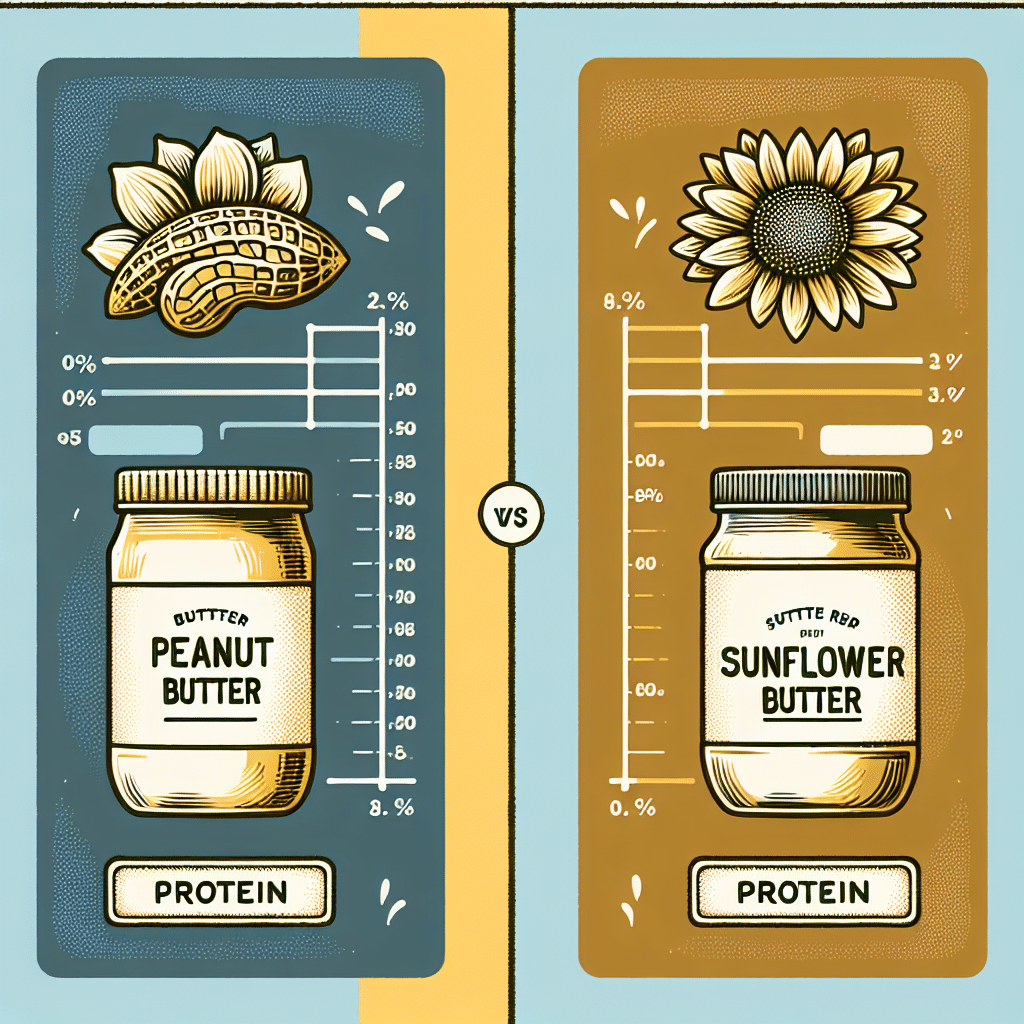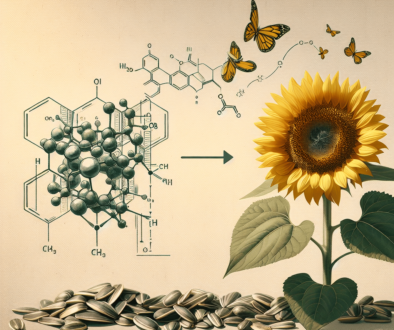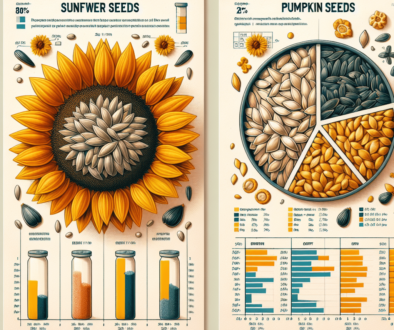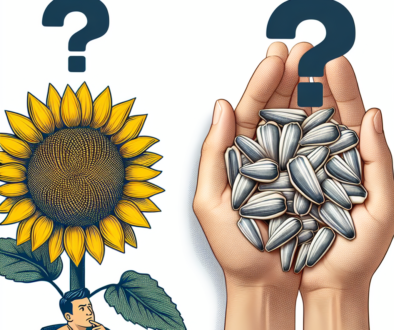What Has More Protein Peanut Butter Or Sunflower Butter?
-
Table of Contents
- Protein Showdown: Peanut Butter vs. Sunflower Butter
- Understanding Protein in Nut Butters
- Protein Content: Peanut Butter vs. Sunflower Butter
- Nutritional Profiles Beyond Protein
- Health Benefits and Considerations
- Practical Uses in Diet and Cooking
- Conclusion: Making the Right Choice for Your Protein Needs
- Discover ETprotein’s High-Quality Protein Products
Protein Showdown: Peanut Butter vs. Sunflower Butter

When it comes to selecting a nutritious spread for your toast, sandwich, or snack, the choices can be overwhelming. Two popular options that often come up in health-conscious circles are peanut butter and sunflower butter. Both are praised for their flavor and health benefits, but a common question arises: which one packs more protein? In this article, we’ll delve into the protein content of peanut butter and sunflower butter, compare their nutritional profiles, and help you make an informed decision about which butter is best for your protein needs.
Understanding Protein in Nut Butters
Protein is a crucial macronutrient necessary for building and repairing tissues, making enzymes and hormones, and supporting overall health. Nut butters are a convenient source of plant-based protein, making them a favorite among vegetarians, vegans, and those looking to add more protein to their diets.
Protein Content: Peanut Butter vs. Sunflower Butter
When comparing the protein content of peanut butter and sunflower butter, it’s essential to look at the numbers. On average, a two-tablespoon serving of peanut butter contains about 7-8 grams of protein, while an equivalent serving of sunflower butter provides around 5-6 grams. This makes peanut butter the winner in terms of sheer protein content. However, the difference is relatively small, and both spreads offer a significant protein boost.
Nutritional Profiles Beyond Protein
While protein is a key factor, it’s not the only nutritional aspect to consider when choosing between peanut butter and sunflower butter. Here’s a breakdown of other essential nutrients found in both:
- Fats: Both butters contain healthy monounsaturated and polyunsaturated fats, which are beneficial for heart health.
- Fiber: They also provide dietary fiber, which aids in digestion and can help maintain a healthy weight.
- Vitamins and Minerals: Peanut butter is a good source of vitamin E, magnesium, and potassium. Sunflower butter, on the other hand, is rich in vitamin E, magnesium, and also provides a good amount of selenium, a powerful antioxidant.
It’s worth noting that both spreads can be part of a balanced diet, but it’s important to choose versions that are low in added sugars and sodium.
Health Benefits and Considerations
Both peanut butter and sunflower butter offer health benefits, but they also come with considerations that might influence your choice:
- Allergies: Peanut allergies are common, and for those affected, sunflower butter serves as a safe and nutritious alternative.
- Inflammation: Sunflower seeds are high in omega-6 fatty acids, which, when consumed in excess, can contribute to inflammation. Balancing omega-6 with omega-3 fatty acids is crucial.
- Phytic Acid: Both peanuts and sunflower seeds contain phytic acid, which can inhibit the absorption of certain minerals. Soaking or roasting can reduce phytic acid levels.
Practical Uses in Diet and Cooking
Peanut butter and sunflower butter are versatile and can be used in various recipes. Here are some ideas:
- Spreads: Use them as spreads on bread, crackers, or fruit slices.
- Smoothies: Add a scoop to your smoothies for a protein boost.
- Baking: Incorporate them into baked goods like muffins, cookies, and bars.
- Sauces and Dressings: They can be used to thicken and add flavor to sauces and dressings.
Conclusion: Making the Right Choice for Your Protein Needs
In conclusion, while peanut butter contains slightly more protein than sunflower butter, both are nutritious options that can contribute to your daily protein intake. The choice between the two should be based on personal dietary needs, taste preferences, and any allergy considerations. Remember to opt for natural, unsweetened versions to maximize health benefits.
Ultimately, whether you choose peanut butter or sunflower butter, you’re making a delicious and health-conscious decision. By incorporating these spreads into a balanced diet, you can enjoy their rich flavors while fueling your body with essential nutrients.
Discover ETprotein’s High-Quality Protein Products
If you’re looking to supplement your diet with additional protein sources, consider exploring ETprotein’s range of organic bulk vegan proteins. Their products, including sunflower seed protein, peanut protein, and other plant-based options, offer a neutral taste and are non-GMO and allergen-free. With L-(+)-Ergothioneine purity over 98%, ETprotein caters to various industries and dietary needs.
Whether you’re involved in sports nutrition, weight management, or simply seeking to enhance your overall health and wellness, ETprotein provides comprehensive solutions to meet all your protein requirements. Trust in their expertise as a leading protein supplier to support your nutritional goals.
About ETprotein:
ETprotein, a reputable protein and L-(+)-Ergothioneine (EGT) Chinese factory manufacturer and supplier, is renowned for producing, stocking, exporting, and delivering the highest quality organic bulk vegan proteins and L-(+)-Ergothioneine. They include Organic rice protein, clear rice protein, pea protein, clear pea protein, watermelon seed protein, pumpkin seed protein, sunflower seed protein, mung bean protein, peanut protein, and L-(+)-Ergothioneine EGT Pharmaceutical grade, L-(+)-Ergothioneine EGT food grade, L-(+)-Ergothioneine EGT cosmetic grade, L-(+)-Ergothioneine EGT reference grade and L-(+)-Ergothioneine EGT standard. Their offerings, characterized by a neutral taste, non-GMO, allergen-free attributes, with L-(+)-Ergothioneine purity over 98%, 99%, cater to a diverse range of industries. They serve nutraceutical, pharmaceutical, cosmeceutical, veterinary, as well as food and beverage finished product distributors, traders, and manufacturers across Europe, USA, Canada, Australia, Thailand, Japan, Korea, Brazil, and Chile, among others.
ETprotein specialization includes exporting and delivering tailor-made protein powder and finished nutritional supplements. Their extensive product range covers sectors like Food and Beverage, Sports Nutrition, Weight Management, Dietary Supplements, Health and Wellness Products, and Infant Formula, ensuring comprehensive solutions to meet all your protein needs.
As a trusted company by leading global food and beverage brands and Fortune 500 companies, ETprotein reinforces China’s reputation in the global arena. For more information or to sample their products, please contact them and email sales(at)ETprotein.com today.












